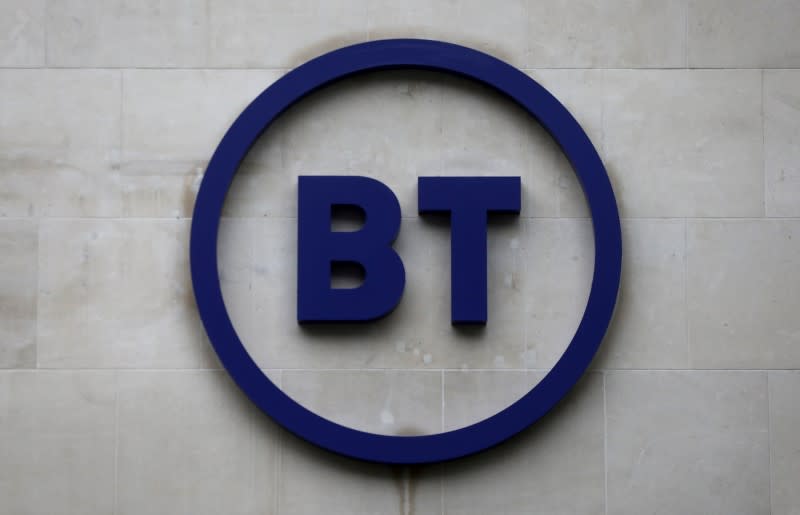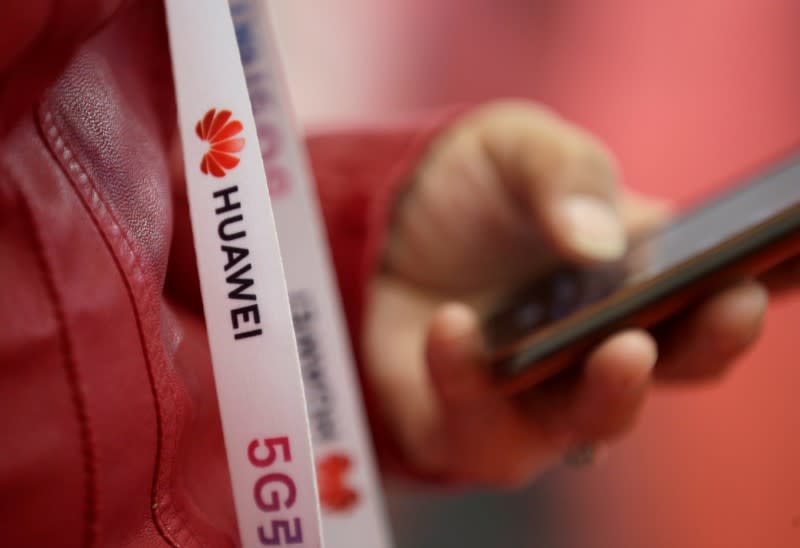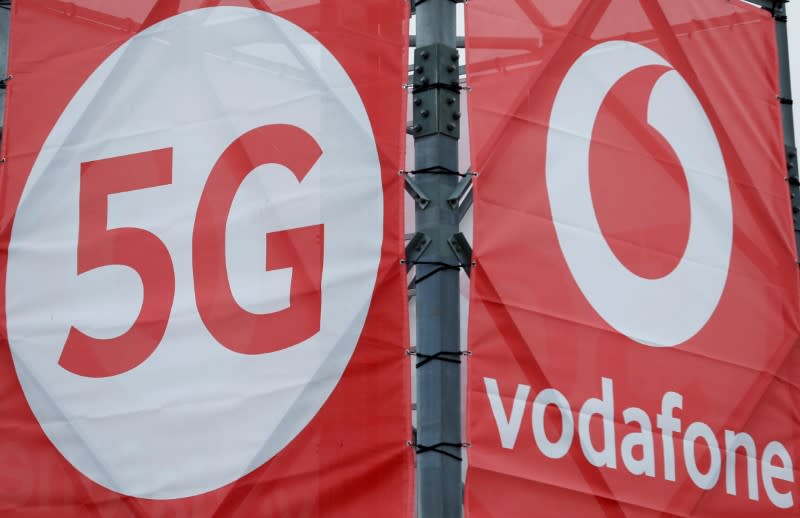BT, Vodafone may seek Johnson's support for Huawei - sources
LONDON (Reuters) - Britain's BT <BT.L> and Vodafone <VOD.L> are considering urging Prime Minister Boris Johnson not to risk the rollout of next generation mobile networks by banning China's Huawei [HWT.UL], sources said, confirming a Sky News report on Friday.
Britain is set to take a final decision on Huawei's role in building new 5G networks this month.
U.S. government officials have pushed for a total ban on Huawei on security grounds, and reports said they presented new evidence on Monday about the risks of using the Chinese company's equipment, branding it "madness".
BT and Vodafone, Britain's two largest telecoms companies, are considering writing to Johnson to say they have seen no evidence that would justify a total ban and to urge him to make a fact-based decision, the sources said.
Vodafone, which uses Huawei's equipment in its radio network, has previously said a blanket ban on the Chinese company would costs it millions of pounds and significantly slow down the roll-out of 5G networks.
It paused the deployment of the company's equipment in its data-heavy core networks, a year ago until Western governments give the company a full security clearance.
BT also uses Huawei's equipment in networks, but it is not deployed in the intelligent core of its fixed-line network and it is removing it from the core of its mobile network. In addition, it has excluded Huawei from the bidding process for its future 5G network.
Huawei vice president Victor Zhang said on Tuesday he was confident the UK government would make a decision based upon evidence, "as opposed to unsubstantiated allegations".
"Two UK parliamentary committees concluded there is no technical reason to ban us from supplying 5G equipment and this week the head of (security service) MI5 said there is 'no reason to think' the UK's intelligence-sharing relationship with the U.S. would be harmed if Britain continued to use Huawei technology," he said.
BT and Vodafone declined to comment on the letter.
(Reporting by Paul Sandle; editing by David Evans)

 Yahoo News
Yahoo News 


